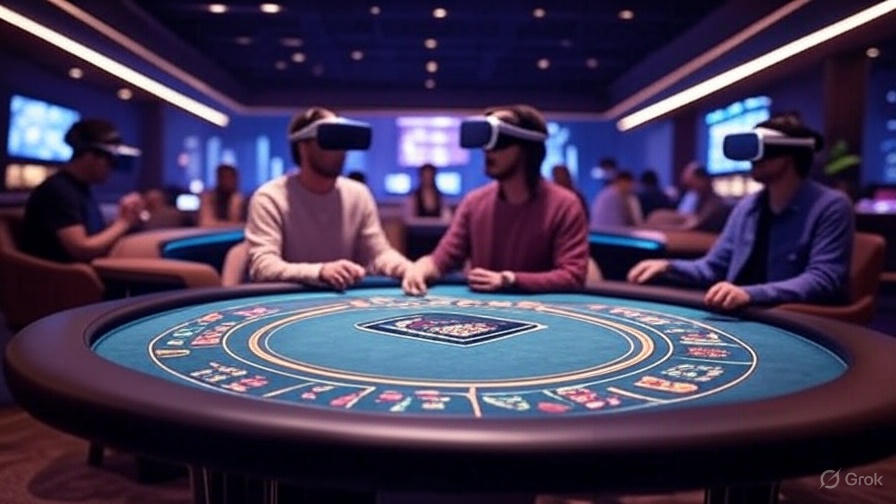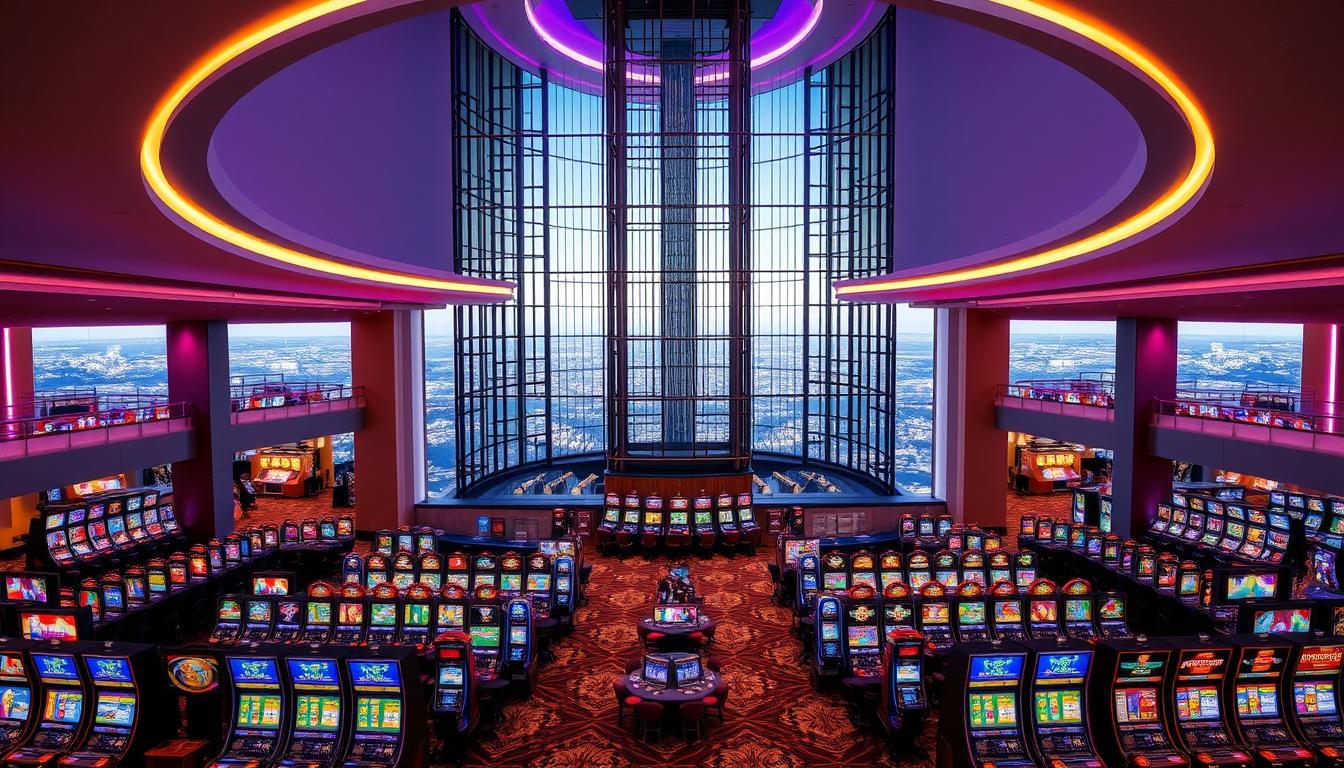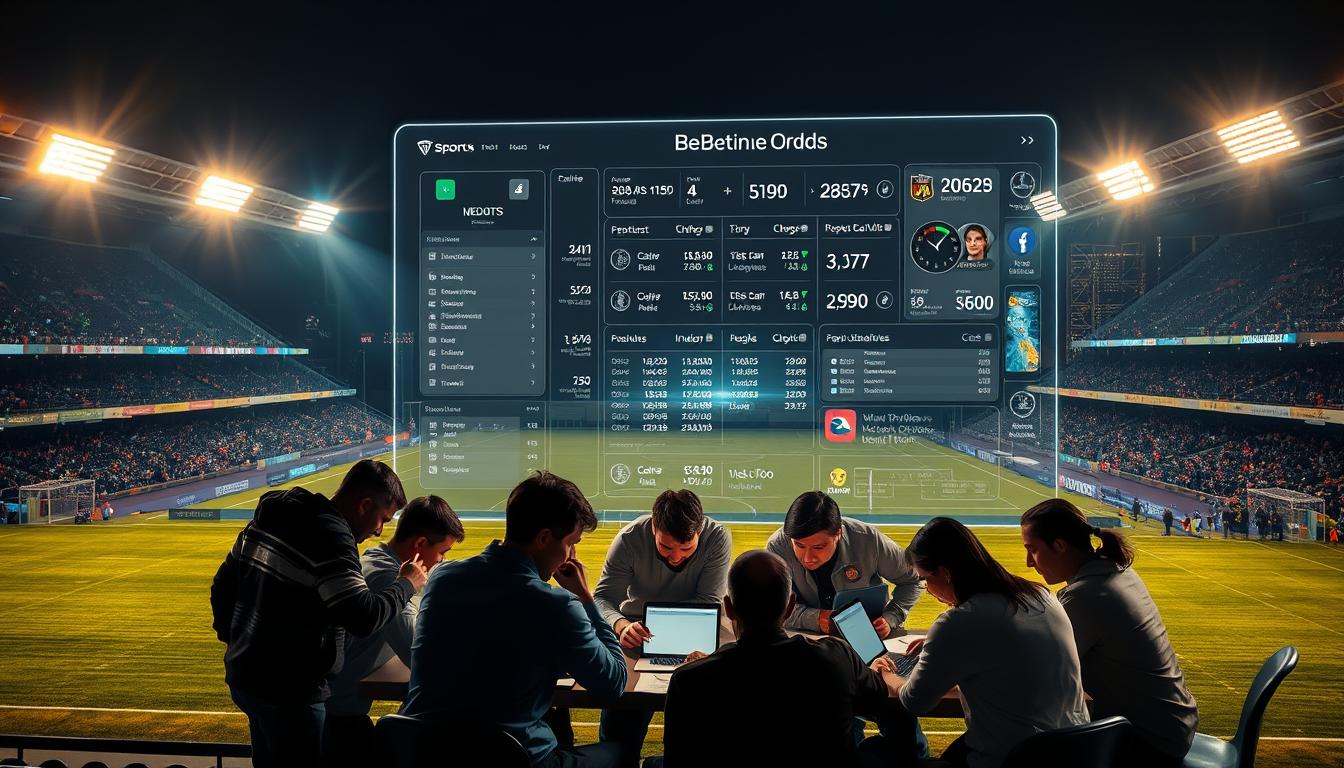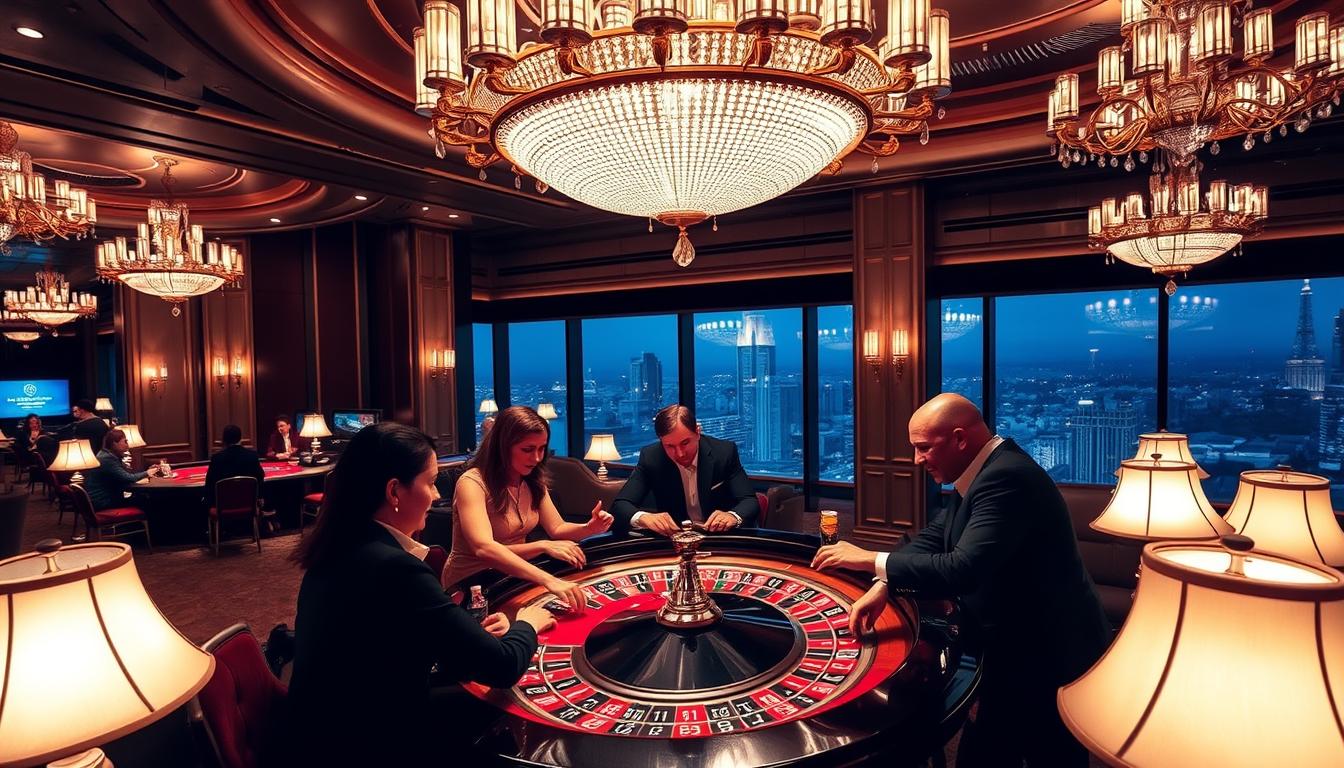The online gambling industry has undergone a remarkable transformation over the past few decades, evolving from simple text-based games to sophisticated platforms offering live dealer experiences. Now, a new frontier is emerging that promises to redefine how players engage with their favorite games: virtual reality (VR) casinos. As VR technology becomes more accessible and immersive, it is poised to revolutionize the gambling world, offering experiences that blur the line between digital and physical entertainment. For those looking to explore these platforms, some sites even offer promotions like link free credit no deposit 2024 to get started without upfront costs.
A New Era of Immersion
Virtual reality casinos leverage advanced headsets and motion-tracking technology to create fully immersive gaming environments. Unlike traditional online platforms, where players interact through screens, VR casinos transport users into a three-dimensional world. Imagine stepping into a luxurious casino modeled after Monte Carlo, complete with glittering chandeliers, bustling card tables, and the ambient chatter of fellow players. This level of immersion is not just a gimmick—it fundamentally changes how players experience gambling.
Recent advancements in VR hardware, such as lighter headsets and improved graphics, have made these experiences more realistic than ever. Companies like Oculus and HTC Vive have reduced the cost of entry, with consumer-grade VR systems now available for a few hundred dollars. This accessibility has opened the door for gambling operators to experiment with VR, and early adopters are already seeing promising results.
How VR Casinos Work
At their core, VR casinos function similarly to traditional online platforms, offering games like poker, blackjack, roulette, and slots. However, the delivery method is entirely different. Players don a VR headset and use hand controllers to interact with the environment. They can walk through virtual casino floors, sit at tables, and even engage in real-time conversations with other players using spatial audio technology.
Software developers are also integrating features that enhance the social aspect of gambling. For example, some platforms allow players to customize avatars, creating a personalized presence in the virtual world. Others incorporate live dealers who appear as lifelike avatars, bridging the gap between digital and real-world interactions. These innovations make VR casinos feel like a hybrid of physical casinos and online gaming, offering the best of both worlds.
The Appeal for Players
One of the biggest draws of VR casinos is their ability to replicate the atmosphere of a land-based casino. For many players, the sensory experience—the clinking of chips, the spin of a roulette wheel, the camaraderie at a poker table—is a key part of the appeal. VR recreates these elements in a way that flat-screen gaming cannot, making it an attractive option for those who crave authenticity.
Moreover, VR casinos offer unparalleled convenience. Players can access these immersive experiences from the comfort of their homes, eliminating the need for costly travel to destinations like Las Vegas or Macau. This accessibility is particularly appealing in a post-pandemic world, where many people remain cautious about crowded public spaces. New players can also take advantage of offers like link free credit no deposit 2024 to try out these platforms risk-free.
Another factor driving interest is the potential for gamification. VR platforms can incorporate interactive storylines, rewards systems, and competitive tournaments that go beyond traditional casino games. For instance, a player might embark on a virtual “quest” to unlock exclusive tables or earn bonus credits, adding a layer of engagement that keeps them coming back.
Challenges and Hurdles
Despite their potential, VR casinos face several challenges. The technology, while more affordable than it was a decade ago, still requires a significant upfront investment. Players need a compatible headset, a powerful computer or console, and a stable internet connection to enjoy a seamless experience. For casual gamblers, these requirements can be a barrier to entry.
Regulatory issues also loom large. Online gambling is subject to strict laws that vary by jurisdiction, and VR casinos introduce new complexities. For example, how do regulators ensure fair play in a fully immersive environment? How do they verify the identity of players using avatars? These questions are still being debated, and until clear guidelines emerge, some operators may hesitate to fully embrace VR.
Health concerns are another consideration. Prolonged use of VR headsets can cause motion sickness or eye strain in some users, potentially limiting the appeal for long gaming sessions. Developers are working to address these issues, but they remain a hurdle for widespread adoption.
The Industry’s Response
Major players in the gambling industry are already investing heavily in VR. Companies like NetEnt and Microgaming, known for their innovative slot games, have begun developing VR-compatible titles. Meanwhile, platforms like SlotsMillion have launched dedicated VR casinos, offering dozens of games optimized for headsets. These early efforts suggest that the industry sees VR as more than a passing trend.
Land-based casino operators are also taking note. Some are exploring ways to integrate VR into their physical properties, creating hybrid experiences where players can transition between real and virtual environments. For example, a casino might offer VR lounges where patrons can try immersive games without leaving the premises.
The Road Ahead
As VR technology continues to evolve, its impact on the gambling industry will only grow. Analysts predict that by 2030, the global market for VR gambling could be worth billions, driven by improvements in hardware, software, and connectivity. The rise of 5G networks, for instance, will enable smoother and more reliable VR experiences, even on mobile devices.
Looking further ahead, advancements in artificial intelligence and haptic feedback could take VR casinos to new heights. Imagine a poker game where AI-powered opponents adapt to your bluffing style, or a slot machine that lets you “feel” the spin of the reels through gloves equipped with tactile sensors. These innovations are already in development, and they could redefine what it means to gamble online.
For now, VR casinos remain a niche but rapidly growing segment of the industry. They offer a glimpse into a future where the boundaries between physical and digital entertainment are increasingly blurred. As more players discover the thrill of stepping into a virtual casino, it’s clear that this technology is not just a novelty—it’s a game-changer.
Conclusion
Virtual reality casinos represent the next chapter in the evolution of online gambling. By combining cutting-edge technology with the timeless appeal of casino games, they offer an experience that is immersive, convenient, and endlessly engaging. While challenges remain, the industry’s enthusiasm and the rapid pace of innovation suggest that VR casinos are here to stay. For gamblers looking to elevate their experience, the future is already here—and it’s more exciting than ever.







